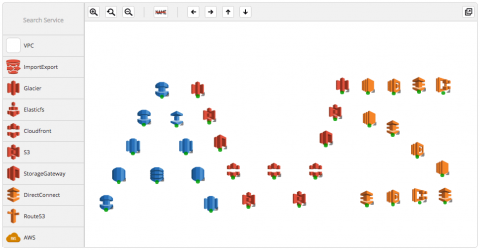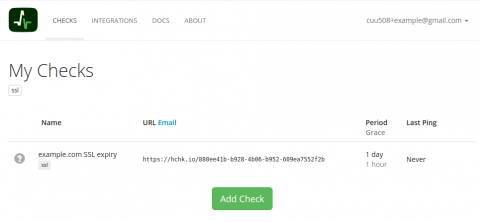How we deploy and use Rocket.chat at Bleemeo
In this article, we will explain how we are using Rocket.chat as our internal chat and how we deploy this tool. You can use IRC, Jabber (XMPP) or any other "modern" chat system: Slack, Rocket.Chat, etc. After using XMPP for a couple of months, we decided to move to Rocket.Chat.









